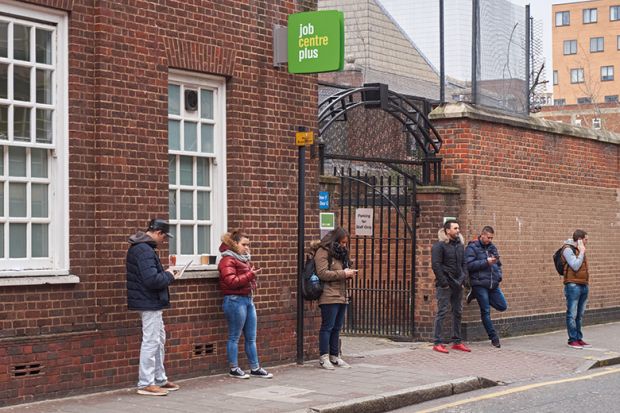Discussions on how to reform the welfare state rarely trigger much excitement among the general public. The possibility of giving to everybody a guaranteed and unconditional basic income is, however, increasingly popular across the political spectrum.
Guy Standing, author of Basic Income, has been a front-runner of this debate, and is also a founder member of the grassroots Basic Income Earth Network (BIEN). His book offers a timely introduction for the many who have heard about basic income, but who are unsure about what exactly it is. It makes an unapologetic case for basic income and aims to convince the reader of both its utility and feasibility in our societies. It is more impressive for its comprehensive list of arguments than for the coherence of its message. Standing really has something for everyone here.
The book was clearly written with the British public in mind and this has somehow limited the strength of its argument. It is not hard, indeed, to make a case for basic income against the draconian means-testing of contemporary British social security. But Standing too easily dismisses the existing alternatives to basic income, in the form of the Germanic Bismarckian system or the Nordic Beveridgean system. He is ungenerous in his assessment of policies that managed to keep inequality comparatively low in Europe in the past. And he believes that all European systems of social security are equally doomed under global capitalism. This may well be the case, but then more is needed to show that basic income could regulate global capitalism. On this point, the book could have dialogued with Thomas Piketty’s proposals on how to reform taxation and tackle inequality by redistributing wealth, not just income.
Throughout the book, Standing is very critical of the “defenders of paternalistic social democratic welfare states”, but welcomes the basic income experiment by Y Combinator in Silicon Valley. This leaves me a bit unsure on why we should support basic income at all costs, even if it means giving up any ambition of redistributing wealth and offers little compensation to the losers of the new technological capitalism. At times, the book develops a fetish of the instrument of basic income while forgetting about the purpose – be that improving people’s lives or decreasing inequality.
One argument stands out in the book: the idea that basic income could overcome the artificial (and gendered) division between work and non-work, rewarding all activities humans would like to engage in. Little is said about how to create the preconditions for public support of basic income by challenging the common contempt for those out of work and making people embrace universalism over means-testing. To be honest, the book did not change my pessimism of the intellect about basic income, but it did help my optimism of the will in imagining progressive reforms. With all the limitations of its reasoning, it is a must-read for those who are interested in imagining the kind of world we want to live in.
Lorenza Antonucci is senior lecturer in social policy/sociology at Teesside University and the author of Student Lives in Crisis: Deepening Inequality in Times of Austerity (2016).
Basic Income: And How We Can Make It Happen
By Guy Standing
Pelican Books, 400pp, £8.99
ISBN 9780141985480
Published 4 May 2017




